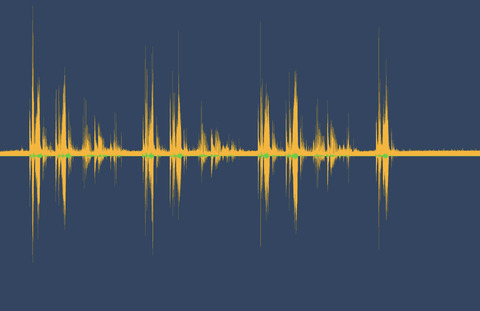Queering Vocal Biomarkers
Following technological developments in the field of artificial intelligence and ubiquitous computing, human voices are increasingly cast as a repository of rich information to be extracted through machine learning. In the medical field, the quest for so-called vocal biomarkers exemplifies this notion of the human voice as a correlate of, and an avenue into, a range of physio- and psychopathological states. Research on digital biomarkers, of which vocal biomarkers are a sub-type, aims at establishing a direct link between the biological and the digital by biologizing both the digital traces left behind by individuals, and the physio- and psychopathological conditions they are supposed to stand in for. Although no vocal biomarkers have been approved for clinical use yet, major investments are being made in research related to them, and they are being mobilized by MedTech startups. This project, led by postdoctoral fellow Chiara Carboni, asks what clinical voices can (be made to) do when enhanced through machine learning. Specifically, it centers on research on vocal biomarkers in the context of the diagnosis of neurodevelopmental and psychiatric disorders, such as autism spectrum disorders and schizophrenia. Similar diagnosis are often difficult to perform due to their lack of biomarkers. Vocal biomarkers research mobilizes machine learning to enact the ‘autistic voice’ and the ‘schizophrenic voice’ as deviant voices with stable and unchanging characteristics across individuals. This project aims to read the history of clinically deviant voices, and their recent machine learning-fueled developments, in parallel to past and present attempts at biologizing voices of the Other (i.e., racialized or queer voices). Building on interviews and conference ethnography, it mobilizes queer linguistics, critical race and disability studies to think through the political import of attempting to make minoritarian identities legible through machine listening.

